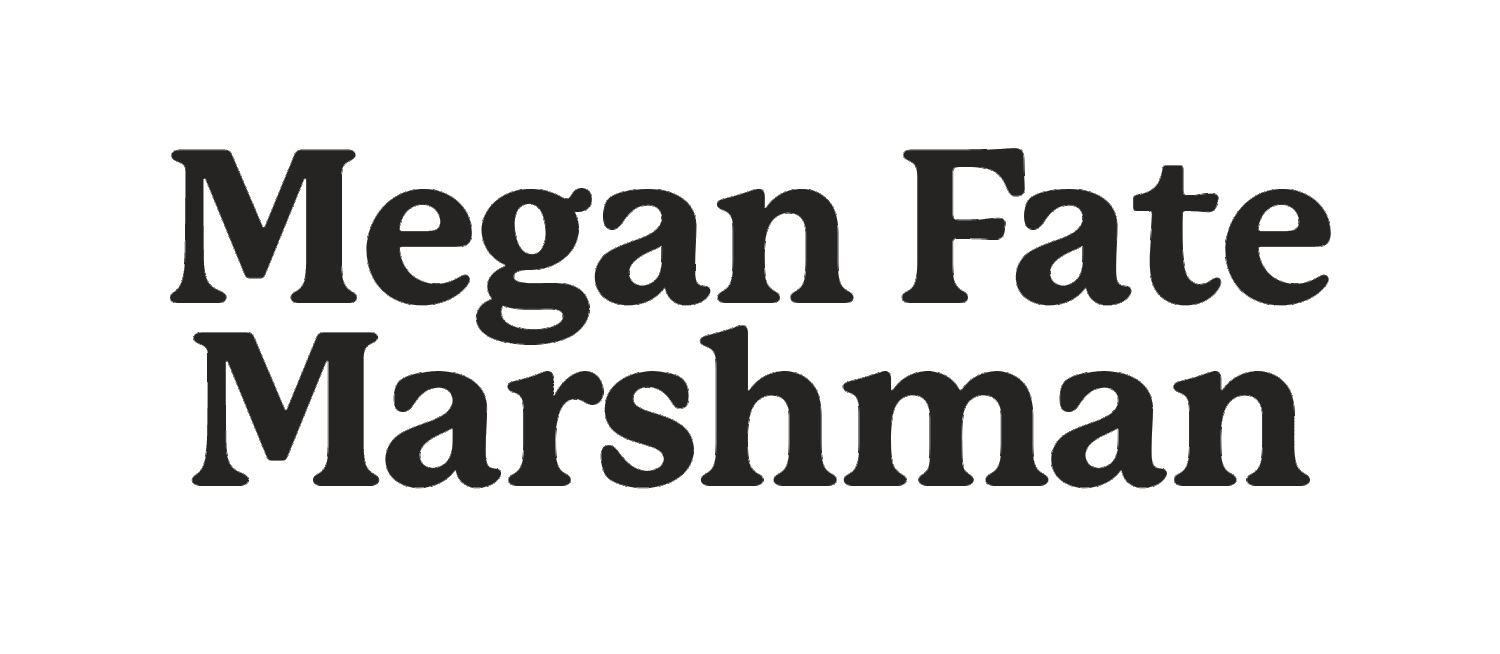Hope That Does Not Disappoint
“For I know the plans I have for you,” declares the Lord, “plans to prosper you and not to harm you,
plans to give you hope and a future.”—Jeremiah 29:11
I was in an important room for an important meeting with very important people. I was made aware of all this importance when we were instructed to go around and share resumés, proving why each of us deserved to be in the room. Of course, the leader of the meeting didn’t say it so bluntly, but it was obvious everyone understood the prompt based on their responses.
The guy to my right went first: “I worked at so-and-so-big-name-company for nineteen years and have done some pretty-big-named-things with even bigger-named-people.”
The lady to his right went next. (This meant that I would go last. Rats.) She let us know that she used to be a nobody but was recently promoted to a somebody.
Each introduction sounded more important than the previous. Finally, it was my turn. I kept racking my brain for something impressive. If it came down to credentials, I should have been the one serving these people the coffee. The irony here was that these people were gathered because they wanted to work with me on an important project. Oh goodness. They believed in me and had hope that we could do something profound together. So I quietly asked the Lord what to do.
He gently reminded me of one story. That one? I asked Him. Are you sure? God nodded.
The circle of eyes looked at me, waiting for my introduction.
And I said, “I went to jail once.”
Jaws literally dropped.
Yep. Once upon a time, the double whammy of people pleasing and shoplifting got me in trouble. Big trouble. I gave the room an abbreviated version of that story, ending my introduction with this truth: When I put my hope in myself, my accomplishments, my importance, I find myself disappointed . . . or worse, behind bars.
I’d rather find my hope somewhere else. Or should I say, in someone else. But friends, I don’t want to tell you in a cliché way to “Put your hope in the Lord”—I want you to know my story, warts and all. I too have tried to place my hope in myself, and I too have let myself down. I too have lived hopeless. Once you know that about me, I want to give you the good news. There is another option, one that will not disappoint. There’s a deep hope that’s real, that’s life-changing, that brings us a renewed sense of purpose.
What Is Hope, Really?
Jeremiah told us that God’s plans are not meant to harm but to give a hope and a future. God is not simply being redundant here. Hope and future are related but distinct from one another. Hope is a vision of the future given to you in the present. And future is, well, that future fully realized. And why is it important that God give us both? Why doesn’t He just give us a future? Well, because the future is no good to us in the present, but hope is. Hope sustains us here, in the middle of a dark present, by giving us a compelling vision of the future. As Helen Keller said, “Nothing can be done without hope.” Hope keeps us walking forward.
But what is hope? The biblical definition of hope is different than the colloquial definition. When you say something like, “I sure hope this happens” you frame hope as an uncertainty. Hope means that it sounds great, but it’s unlikely.
Biblical hope, on the other hand, is a certainty about something that has not happened yet. We’re talking about fail-proof. To emphasize that, let’s take it back to the original language. The Hebrew word for hope is tikvah. It comes from the root qaveh, which means to tie or bind. The Hebrew word that means “rope” comes from this same root. The idea here is that hope is a rope that binds us to a solid object. This is what the writer of Hebrews is getting at in Hebrews 6:19, which says, “We have this hope as an anchor for the soul, firm and secure.” We know the end of the story, that the end is love and restoration and victory.
How you live now is determined by your hope of what is to come. If you hope you’ll go to college, during high school you’ll put in the work necessary to get there. If you hope that Gregory Alan Isakov is as good live as he is on a recording, you’ll buy tickets for the show. If you hope that she’s going to marry you, you’ll lay down some cash for a ring. Hope means concrete action. Confident hope in a good future is essential to living the life God intended for you to live. And isn’t that what we want? To live your best life?
If we limit ourselves to our flimsy definition of hope, you’ll be left with hoping for the Cubs to win the World Series or hoping you’ll make it to the gas station even though you’ve been driving with the empty light on for far too long. Both would be pretty fantastic, but you better not bet on them. Far too many people find themselves living in insecurity because their hope is unsure. They’re left waiting on “what ifs.” So many people are drowning in anxiety because they’re not practicing real hope.
This article is adapted from my latest book Meant for Good: The Adventure of Trusting God and His Plans for You (Zondervan 2020)
